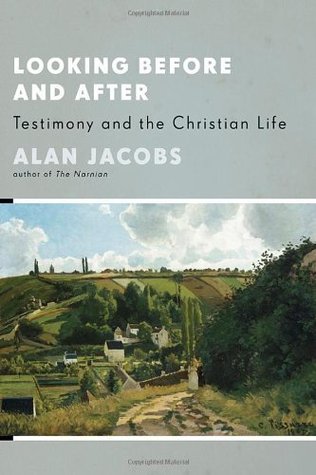More on this book
Kindle Notes & Highlights
by
Alan Jacobs
Read between
May 21 - June 6, 2018
Even the various forms of theological activity can be redescribed in narrational terms, as when Newbigin writes of "the congregation as hermeneutic of the Gospel": interpretation of Scripture for Newbigin is not so much what a particular scholar writes as what a particular community of believers enacts.
If the church cannot cultivate the "fundamental and dynamic" discipline of analogical discernment - the discovery of how different lives in different times and places belong nonetheless to the same genre - it has no hope of making disciples of Christ and therefore no hope of survival.
This need for tentativeness is Helm's first concern; it is accompanied by another major one:
The Bible does not, it seems, promise that a person's life will form a discernible pattern, with a beginning, a middle and an end. Many lives are completely patternless or marked by tragedy; early promise may be cut off by serious illness or death. It would be completely false to Scripture to suppose that in order for people to be assured that the events of their lives are ordered by providence for a good end, they should be able to discern some overall pattern or "story" in their lives. The pressing
...more
This highlight has been truncated due to consecutive passage length restrictions.
It is in part to avoid situations like Cowper's that Helm counsels "tentativeness" and "scepticism" in reading our lives for signs of providential direction. `As human beings," he notes, "we do not have sufficient data to make definitive judgments on the significance of the events in our lives." This is a truly useful reminder; as Helm notes, there are dangers both in finding too tidy a pattern in one's life and in thinking that one should be able to discern such neatness. But I grow concerned when Helm adds to his recommendation of "tentativeness" a counsel of "scepticism." Is this not going
...more


